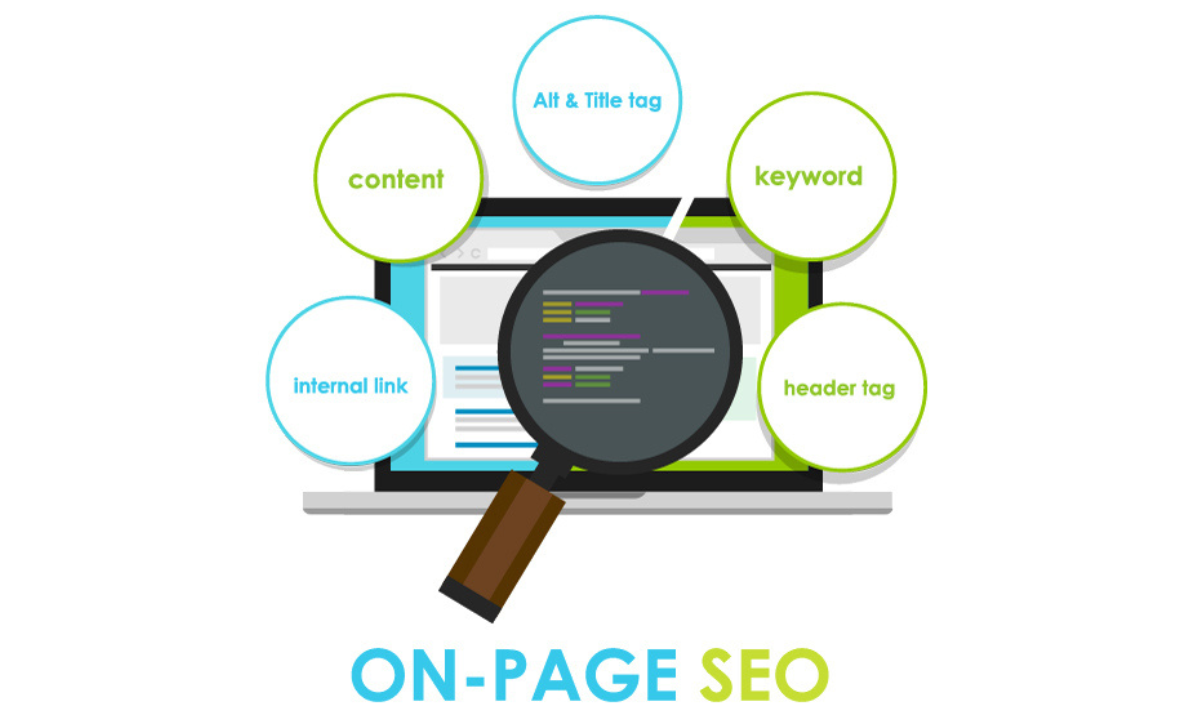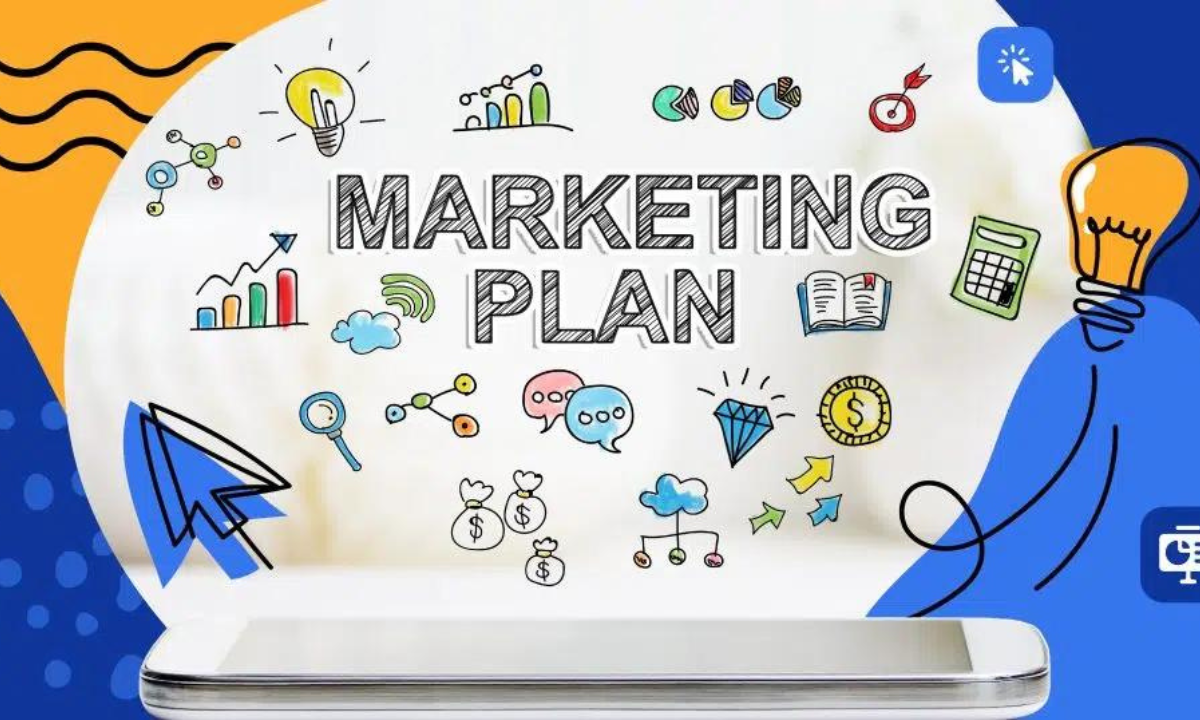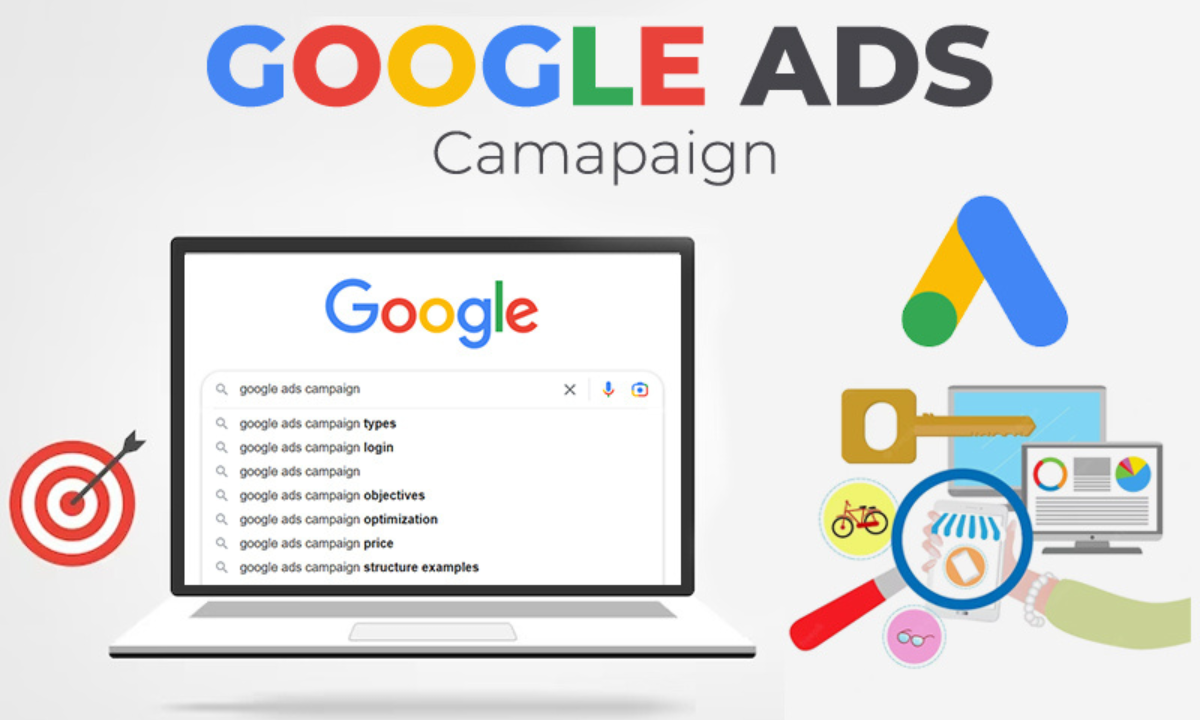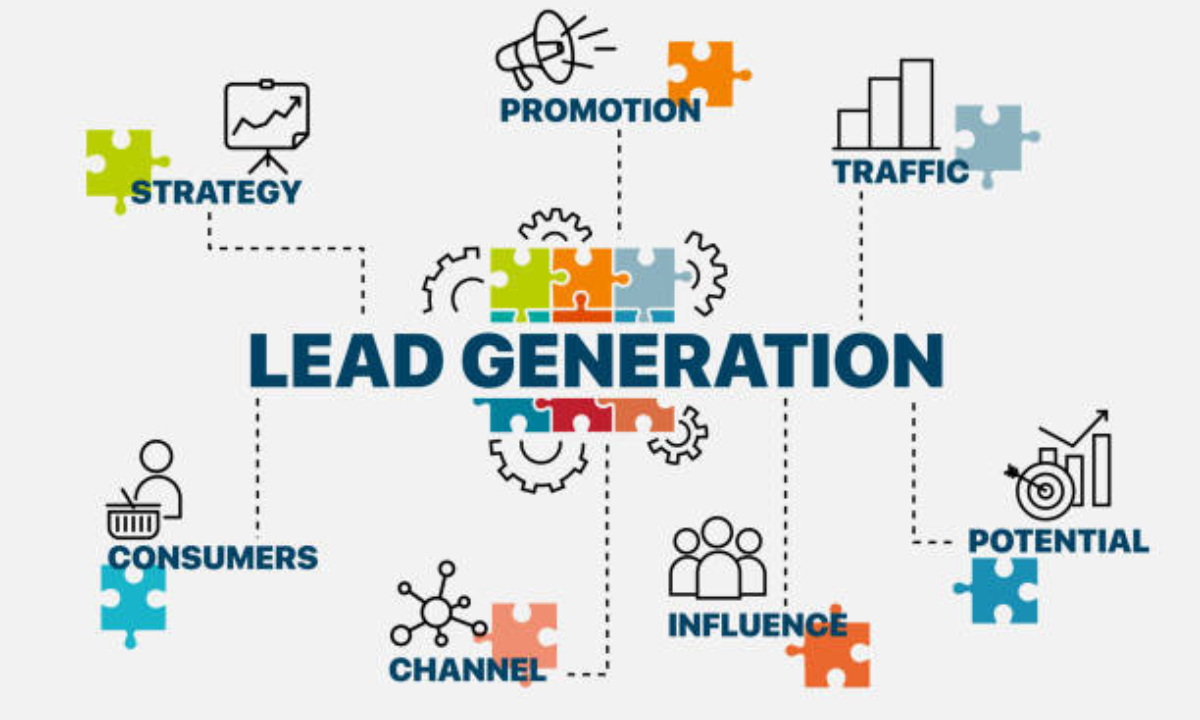In the fast-paced realm of modern business, where consumers and businesses are almost always online, a robust digital marketing strategy is essential for success. This comprehensive guide aims to equip you with the knowledge and tools necessary to navigate the dynamic landscape of digital marketing effectively. From understanding the core concepts to crafting actionable strategies, let’s delve into the world of digital marketing mastery.
Understanding Marketing Strategy
At its core, a marketing strategy is a well-thought-out plan designed to achieve specific marketing objectives. It involves assessing the current state of your business, identifying areas for improvement, and developing tactics to reach your goals. Whether you’re a small business owner or a seasoned entrepreneur, having a solid marketing strategy is paramount for sustainable growth.
Digital Marketing Strategy Demystified
A digital marketing strategy encompasses all online channels and platforms used to promote a business and achieve marketing goals. From organic search and social media to paid advertising and email campaigns, digital marketing offers a plethora of avenues to enhance brand visibility and attract customers. By leveraging these channels strategically, businesses can establish a strong online presence and drive meaningful engagement with their target audience.
Components of a Digital Strategy
Goals and Objectives: Define clear, measurable goals and objectives that align with your business objectives. Whether it’s increasing brand awareness, driving website traffic, or generating leads, establishing specific targets is crucial for guiding your digital marketing efforts.
Audience Analysis: Gain insights into your target audience’s demographics, interests, and online behavior. Conduct thorough research to understand their needs, preferences, and pain points, allowing you to tailor your marketing efforts effectively.
Content Plan: Develop a comprehensive content strategy that resonates with your audience and supports your marketing goals. From blog posts and videos to infographics and case studies, diverse content formats can engage and inform your target audience across various channels.
UX Design: Prioritize user experience (UX) design to ensure seamless navigation and functionality across your digital assets. A user-friendly website and intuitive interface enhance engagement and encourage visitors to take desired actions, such as making a purchase or submitting a contact form.
Data Analytics: Utilize data analytics tools to track and analyze key metrics, such as website traffic, conversion rates, and customer engagement. By leveraging data-driven insights, you can optimize your digital marketing strategy, identify opportunities for improvement, and drive better results.
Crafting Your Digital Marketing Strategy
Build Your Buyer Personas: Develop detailed buyer personas based on real data and insights from your target audience. Understand their demographics, preferences, and pain points to tailor your marketing efforts effectively.
Identify Goals and Digital Marketing Tools: Align your marketing goals with the right digital marketing tools and platforms. Whether it’s email marketing software, social media management tools, or analytics platforms, choose tools that support your objectives and streamline your workflow.
Evaluate Existing Digital Channels: Assess your current digital channels and assets to determine their effectiveness in achieving your goals. Identify strengths, weaknesses, and opportunities for improvement to optimize your digital marketing efforts.
Audit and Plan Owned Media Campaigns: Audit your existing content and plan future campaigns based on audience insights and market trends. Develop a content creation plan that addresses gaps in your current content strategy and aligns with your marketing objectives.
Audit and Plan Earned Media Campaigns: Evaluate the performance of your earned media channels, such as press mentions and social shares. Identify opportunities to enhance brand visibility and engagement through strategic partnerships and content collaborations.
Audit and Plan Paid Media Campaigns: Review the effectiveness of your paid media campaigns and optimize your advertising strategy accordingly. Allocate your budget wisely across different channels and platforms to maximize ROI and reach your target audience effectively.
Bring Your Digital Marketing Campaign Together: Integrate your digital marketing efforts into a cohesive strategy that aligns with your overall business goals. Coordinate campaigns across different channels and platforms to create a seamless brand experience for your audience.
Conclusion
In today’s digital age, mastering the art of digital marketing is essential for business success. By understanding the core principles of marketing strategy and leveraging the latest digital tools and techniques, businesses can build a strong online presence, engage their target audience effectively, and drive meaningful results. With this comprehensive guide as your roadmap, embark on your digital marketing journey with confidence and creativity.







